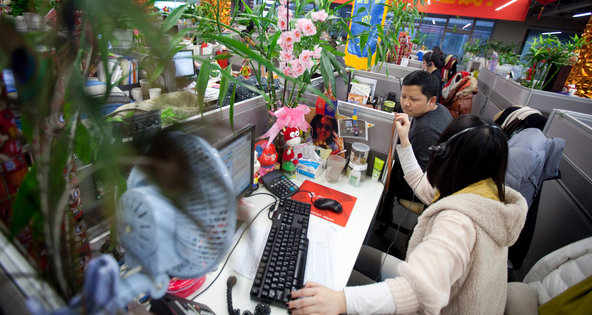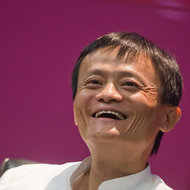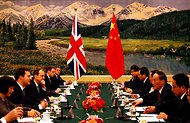LONDON – China’s sovereign wealth fund announced on Thursday that it would buy a 10 percent stake in Heathrow Airport near London for $727 million from the Spanish infrastructure company Ferrovial and other investors.
Ferrovial, which currently owns almost 50 percent of the British airport, has been moving to reduce its debt burden by selling assets like its Heathrow holdings.
In August, Qatar Holding, the sovereign wealth fund of Qatar, agreed to buy a 20 percent stake in the British airport for $1.4 billion. The private equity firm Alinda Capital Partners also acquired a 6 percent holding in the airport for around $440 million last year.
“This sale of a stake in Heathrow Airport Holdings is a further part of Ferrovial’s investment diversification strategy,” the Spanish company’s chief executive, Íñigo Meirás, said on Wednesday.
Under the terms of the deal, the China Investment Corporation, the country’s sovereign wealth fund, will buy a 5.7 percent stake in the holding company that owns Heathrow Airport from Ferrovial for £257.4 million ($416 million). The wealth fund will also acquire a 4.3 percent holding from other shareholders in Heathrow’s parent company, FGP Topco, for £192.6 million.
Article source: http://dealbook.nytimes.com/2012/11/01/chinese-sovereign-wealth-fund-to-buy-stake-in-heathrow-airport/?partner=rss&emc=rss



